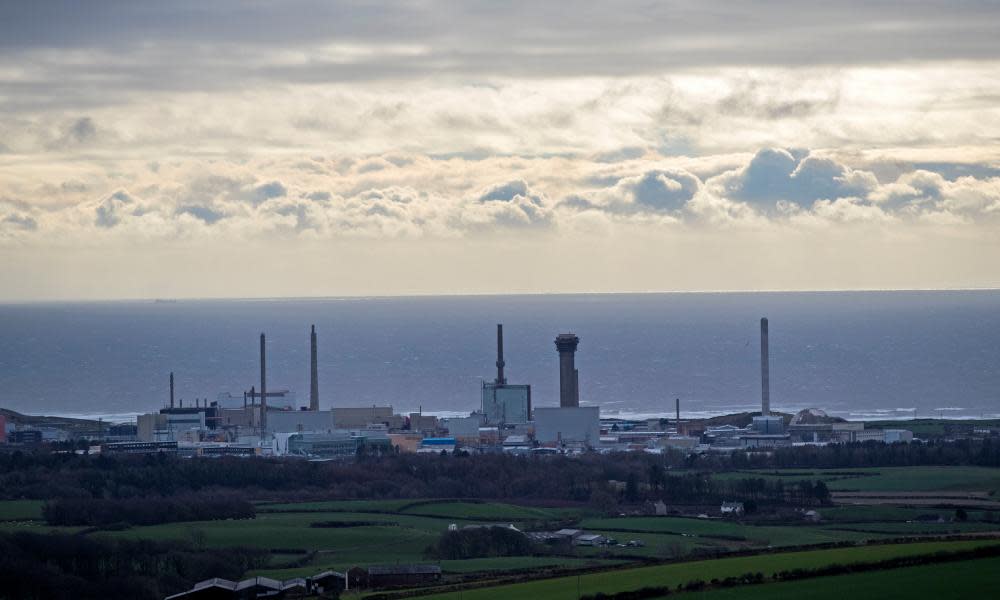Sellafield boss warns on nuclear clean-up

The government body given the job of cleaning up Britain’s old nuclear power stations has warned that taxpayers will have to help plug a looming multimillion-pound gap in its finances left by shrinking revenues.
David Peattie, chief executive of the Nuclear Decommissioning Authority, said revenues would fall more than 10% annually in coming years due to the end of an era of nuclear waste reprocessing. One plant ceased operations in November and another will stop in two years.
The group has a £3bn annual budget to clean up 17 old nuclear sites around the UK, but earns £1bn a year from services including repurposing spent nuclear fuel. “I don’t think we can fill the hole completely,” Peattie said.
He hopes to offset some of the losses by making better use of the NDA’s fleet of four ships that operate out of Barrow-in-Furness, Cumbria. The ships were used to bring spent fuel from as far afield as Japan back to the UK for reprocessing.
Peattie also hopes to secure more non-nuclear work such as the non-food cargo it handles for Tesco using its rail business, which runs around 100 locomotives. The rail unit transports waste from nuclear power stations to be stored at the NDA’s biggest and most costly site, Sellafield in Cumbria.
The final bill could also be reduced, said Peattie if the public accepted that not all old nuclear facilities would be returned to a pristine field of “buttercups and daisies”.
The legacy of the industrial revolution means people already tolerate “industrial clutter” in parts of the countryside, he said, citing the example of 19th-century mining buildings around Coniston Water, one of the biggest lakes in the Lake District.
It would be cheaper and could be more sensible to leave some of the concrete remains of old nuclear plants and simply fence them off, once they had been declared safe, he said.
“[But] if we want to take sites back to moorland for people to enjoy or build houses on … if society wants us to go to that extreme of clean-up, there’s a cost to society,” he said.
A former oil man who spent years in Russia with BP, Peattie was appointed in spring 2017. The chief executive said work had progressed faster than expected on the most hazardous part of Sellafield, the so-called legacy ponds and silo, where cold war-era waste was dumped. “People just didn’t know what was in there. The guys who built it are all dead.”
He defended the NDA over MPs’ criticism that Sellafield is running over budget and behind schedule on works. The Public Accounts Committee said projects costing hundreds of millions of pounds had been cancelled, but Peattie said that was sometimes a result of changing technology. “It’s like the horse and car. We are getting the horse to go faster and then somebody invents a car. What we can do better is fail faster.”

 Yahoo News
Yahoo News 
